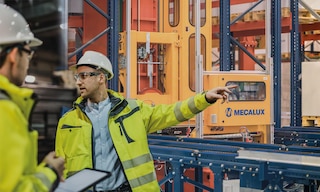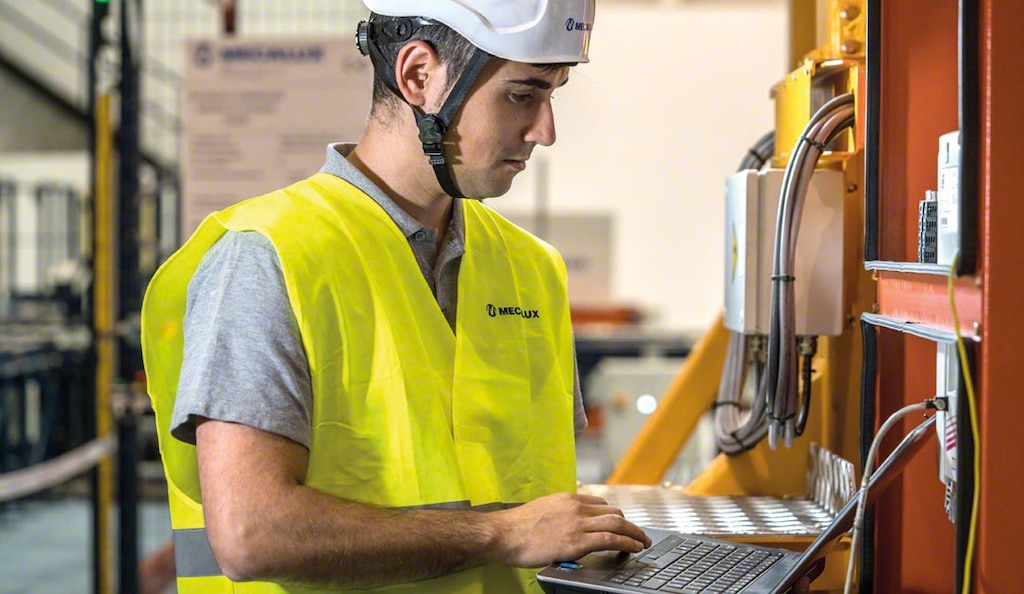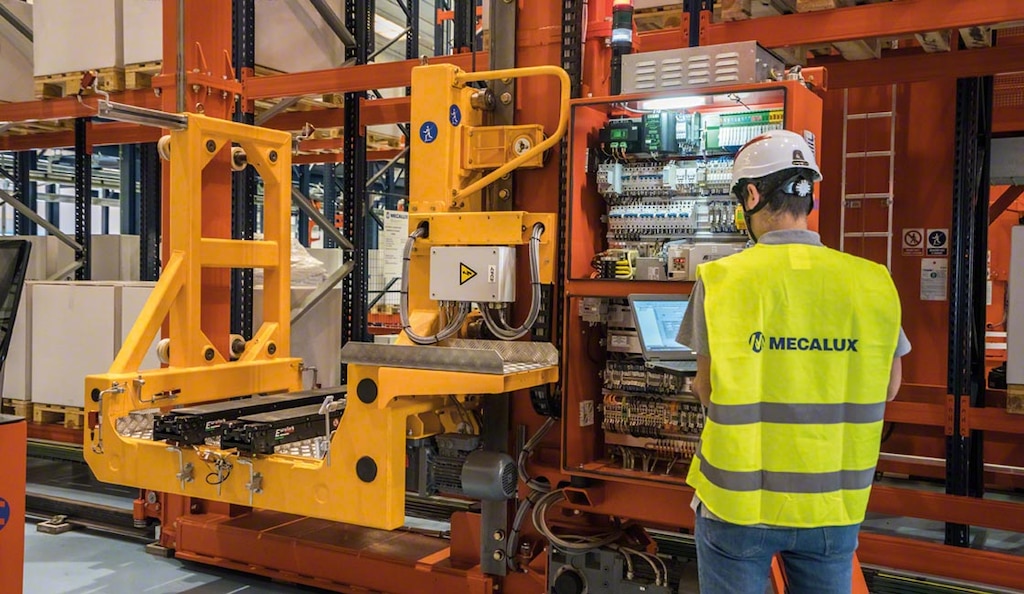
After-sales service and its effects on logistics
Checking out the after-sales service of the company or supplier you planning on doing business with is crucial. It determines what your working relationship will be like once the transaction is completed.
What is after-sales service?
After-sales service refers to the solutions and customer care offered by a company after a purchase is completed. It aims to achieve user satisfaction, so it should be considered as much as the characteristics of the product being sold. When after-sales service is effective, organizations also benefit from customer loyalty, resulting in fewer returns and good word-of-mouth advertising.
Why is after-sales service necessary?
Quality after-sales service builds long-lasting relationships that enable businesses to boost their activity, expand, and achieve better results. This way, buyers don’t need to look for alternatives and become loyal customers.
Having appropriate after-sales solutions to support the use of a purchased product provides multiple advantages. It helps maximize the return on investment, avoids the need to look for alternatives, and saves time that can be allocated to other value-creating processes. For example, after-sales services for storage systems ensure that a business’s logistics activity doesn’t stop in the event of an incident.

What kinds of after-sales service are there?
Organizations focused on offering their customers top-notch service and support integrate certain solutions as part of their purchasing experience. Let’s look at some:
- Technical support. Beyond sales, companies need to provide direct assistance in person, by telephone, or with emergency service calls in the event of unforeseen situations or breakdowns. This ensures production continuity and end-customer satisfaction.
- Spare parts. Being prepared for different types of incidents means having backup spare parts on hand to resolve service disruptions without delay. Some businesses also offer to install these parts to quickly restore operations. This is the case of Interlake Mecalux, which creates customized spare parts packages for each client’s facility.
- Training. When incorporating resources such as industrial systems or technological equipment, it’s essential to have theoretical and practical knowledge on how to use them to harness their full potential. Companies with competitive after-sales service offer courses to train staff, either on-site or remotely. In logistics, the content may cover topics like facilities maintenance, equipment operation, safety, or warehouse-specific software.
- Modernization and consulting. If the needs that led to a product’s initial purchase change or new cutting-edge solutions emerge, the best-prepared organizations support their customers in adapting their business. This includes options for technological updating, automation, software extensions, and facility expansion.
After-sales service phases
Post-sales service starts immediately following a purchase. When supporting a client in implementing new production or logistics solutions and resources, maintaining contact between the client and the company is critical. This ongoing connection fosters a dialogue that benefits both parties by addressing potential questions, enabling follow-ups, and ensuring availability in the event of issues or adjustments.
Each business has its own unique needs. Therefore, it’s advisable to determine which after-sales services will be most appropriate for your organization’s needs before requesting them. To that end, it helps to discuss this matter with the relevant stakeholders before, during, and after the purchasing process.

Best practices for after-sales service
When assessing what constitutes good after-sales service, there are several aspects to consider about the company:
- Availability. The business must follow an omnichannel strategy and be reachable through email, telephone, and its network of offices to address questions and respond to situations as needed.
- Training. The sales and after-sales team must be made up of knowledgeable professionals who are well-versed in the products and the relevant field.
- Active listening. The salesperson should pay close attention to client feedback and suggestions, gathering this information for future improvements.
- Guidance. To offer the best after-sales service, it’s vital to put oneself in the client’s shoes, understand their needs, and guide them through the options that best suit their situation.
- Continuous improvement. Supporting clients and leveraging their experiences to improve services ensures effectiveness and constant adaptation to industry demands.
After-sales service example
Jim Sports is Spain’s largest sports equipment distributor. When it decided to equip its Palas de Rei warehouse with software and storage solutions, it carefully considered the after-sales service its supplier would provide after implementing the new systems. This retailer — which ships up to 500 orders a day to more than 35 countries and has more than 17,000 SKUs — chose Mecalux to develop an end-to-end solution tailored to its needs.
“We decided to partner with Mecalux on this project because it’s a logistics solutions provider with a significant advantage: it can assist us 24 hours a day. If an incident were to occur, we’d need a quick solution. This is something that Mecalux has provided us with, which sets it apart from other companies,” says CTO Marta Gontá. This project has enabled Jim Sports to respond to an increase in the number of orders, monitor the status of SKUs from more than 30 brands, and adapt its processes to its customers’ specific requirements.
Cover your warehouse’s lifecycle with Interlake Mecalux
If you’re looking for support, training, and modernization services to optimize your facility’s performance and boost growth, you’ve come to the right place. At Interlake Mecalux, we provide tailor-made solutions designed for comprehensive warehouse lifecycle management, whether it involves automated systems, software, or manual facilities. With more than 55 years of experience in intralogistics solutions, we continue to earn the trust and satisfaction of more and more clients every day. Contact us obligation-free to ensure the seamless operation of your logistics processes.
